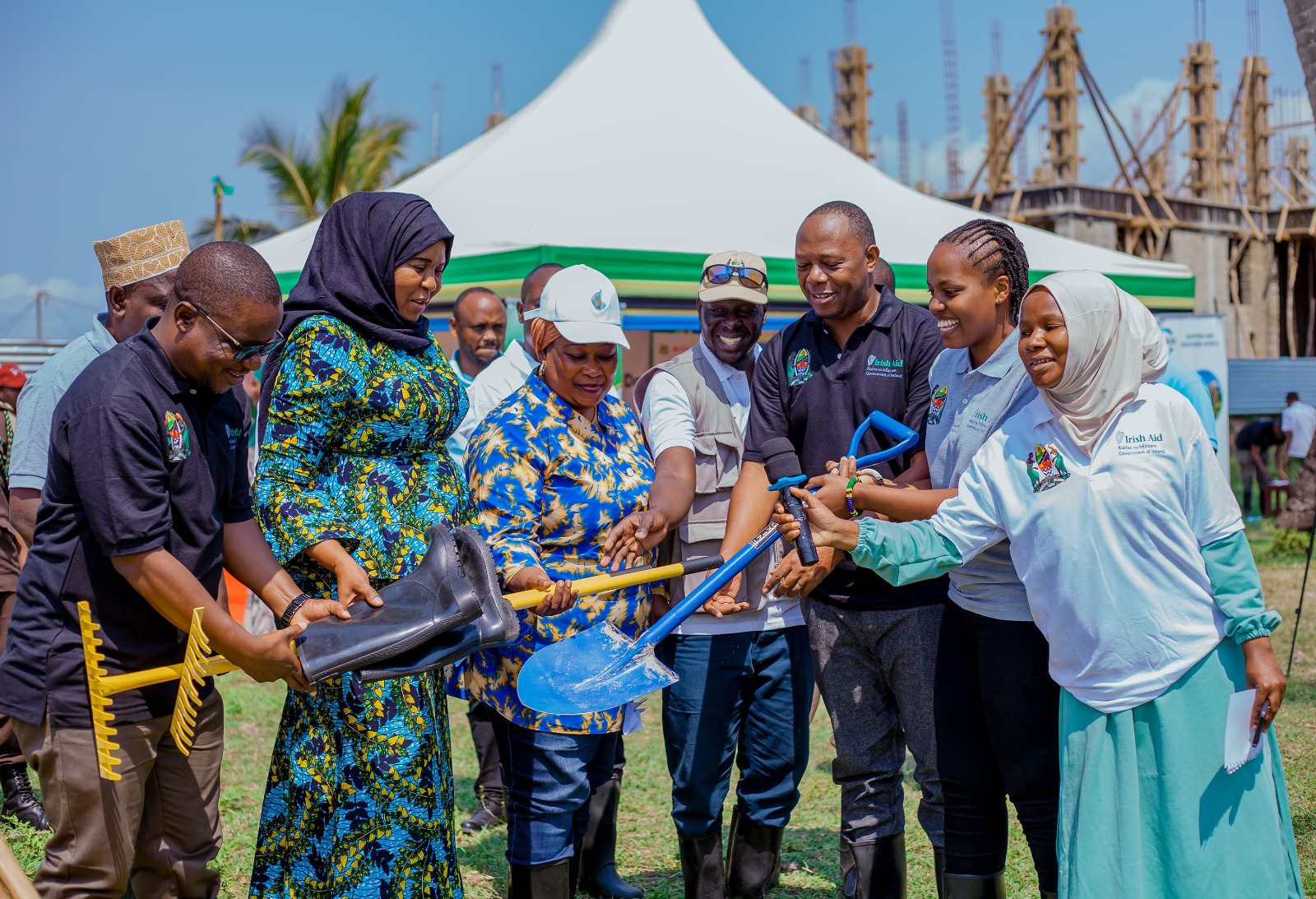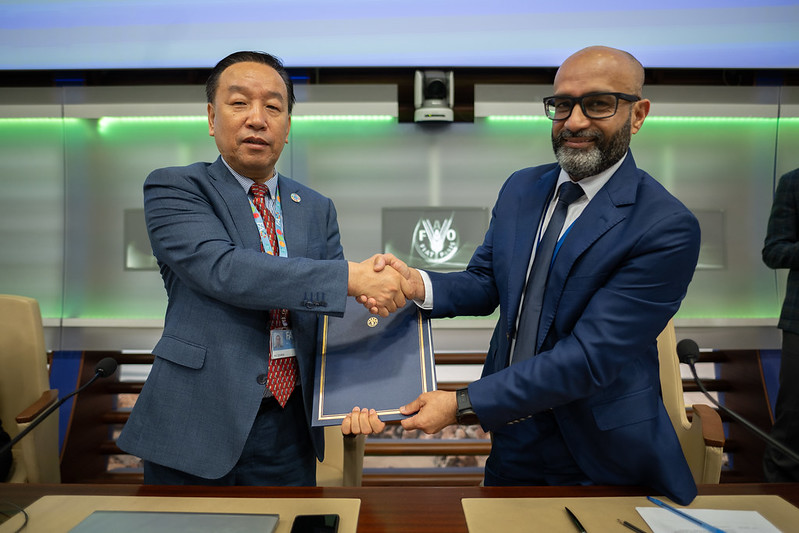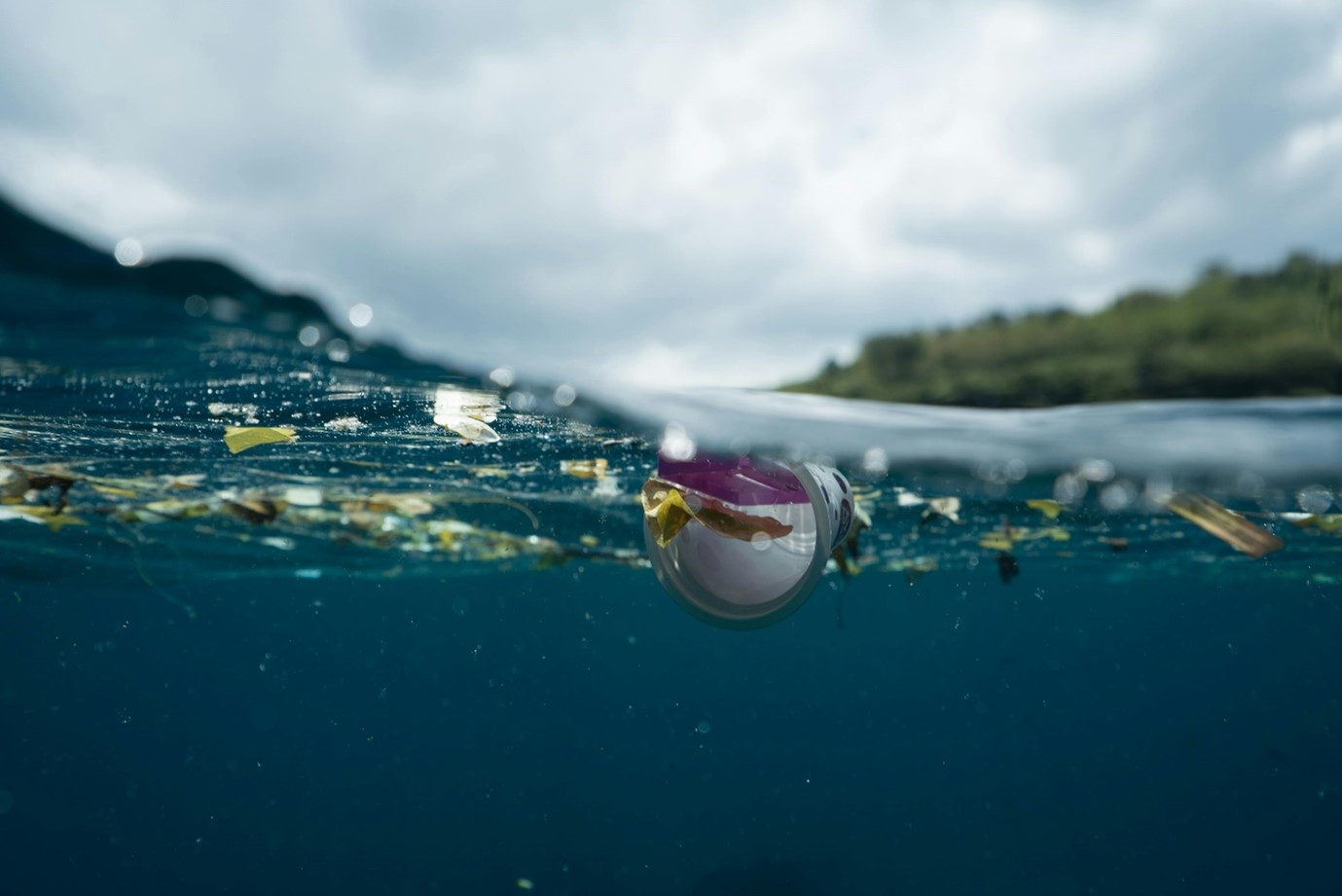Key takeaways from treaty negotiations for Biodiversity Beyond National Jurisdiction (BBNJ), United Nations HQ, New York
The UN's 5th session of the Intergovernmental Conference on conservation and sustainable use of marine biological diversity beyond areas of national jurisdiction (also known as the High Seas Treaty) concluded in New York last week. While it did not result in the adoption of a treaty, the conference saw significant progress.
The high seas cover roughly half of our planet, and their importance to Earth's biodiversity, and therefore every person on the planet cannot be overestimated. Accordingly, we are disappointed that the critically important High Seas Treaty has not yet been adopted. Nonetheless, our summary of the negotiations in New York is carefully optimistic:
- The negotiations got very close to the finish line.
- Tremendous effort was made in finding common ground in all parts of the treaty text, bringing significant progress.
- The amount of work completed was huge, but a little time and flexibility is still needed to get to the finish line, so IGC-5 will be resumed in a second part.
- Dates are to be determined, but IUCN and many others are calling for a resumed IGC-5 by the end of the year, to conclude negotiations and adopt the text of the BBNJ Agreement.
- Key will be strong public and political pressure during the interim period, and ministerial presence at the ICG5 resumption.
In my closing remarks on behalf of IUCN’s delegation at the conference, I expressed our sincere appreciation for the tremendous efforts made by all participants and the significant progress achieved. However, I also noted IUCN’s concern about the impasses that remain, including “the need to develop standards and guidelines for environmental impact assessments, the scope and sharing of benefits from MGR, and appropriate institutional mechanisms, including a robust, accessible and equitable financial mechanism for implementation and associated needs-based capacity building.”
Along with many other organisations, IUCN is calling for negotiations to resume before the end of the year, so that a strong, effective and equitable BBNJ Treaty for the benefit of human- and ocean-kind can become a reality. It is imperative that the global community use this interim period to prioritise and tackle the most polarizing issues, in particular the above-mentioned impasses, and IUCN stands ready to offer its support and expertise to this process.
More information
Disclaimer
Opinions expressed in posts featured on any Crossroads or other blogs and in related comments are those of the authors and do not necessarily reflect the opinions of IUCN or a consensus of its Member organisations.
IUCN moderates comments and reserves the right to remove posts that are deemed inappropriate, commercial in nature or unrelated to blog posts.



